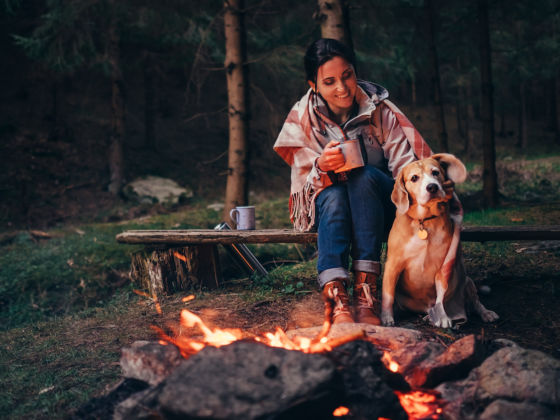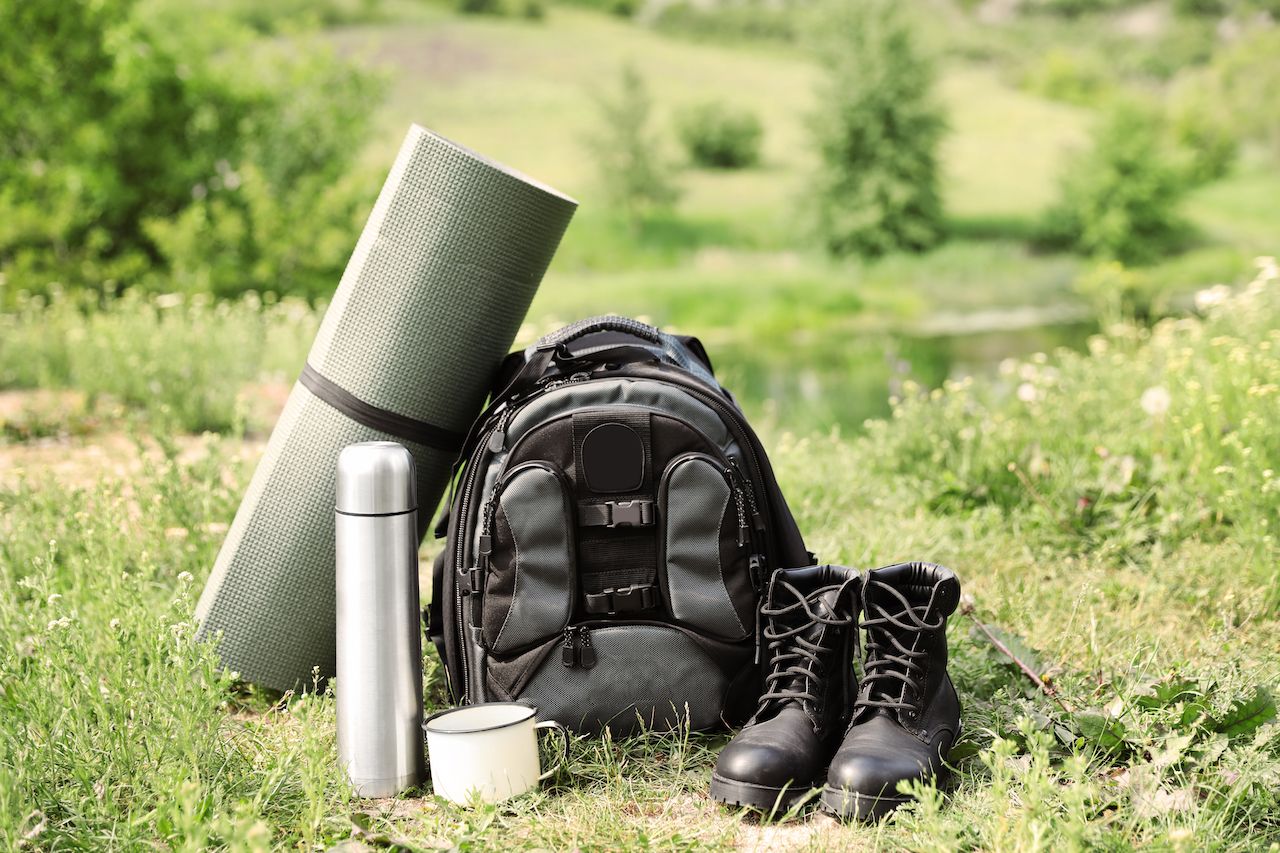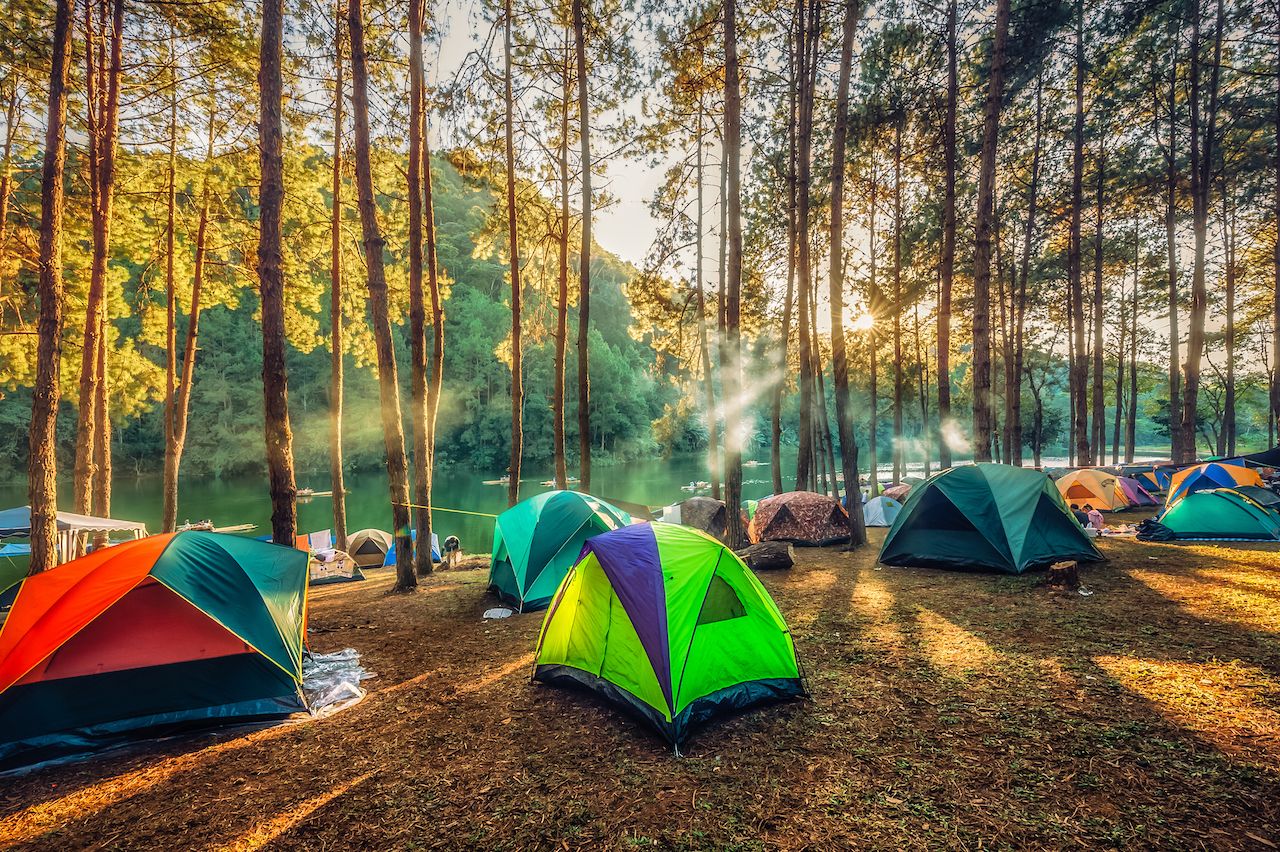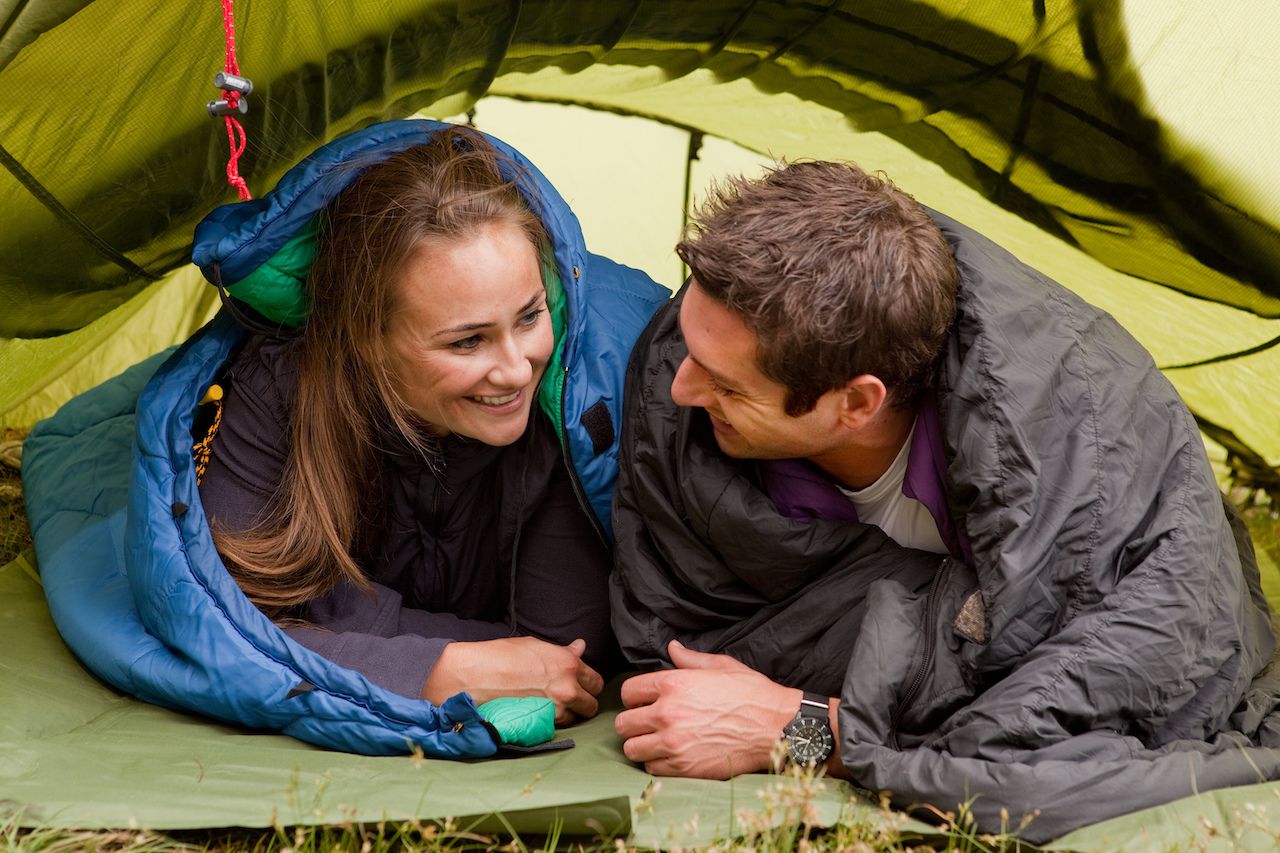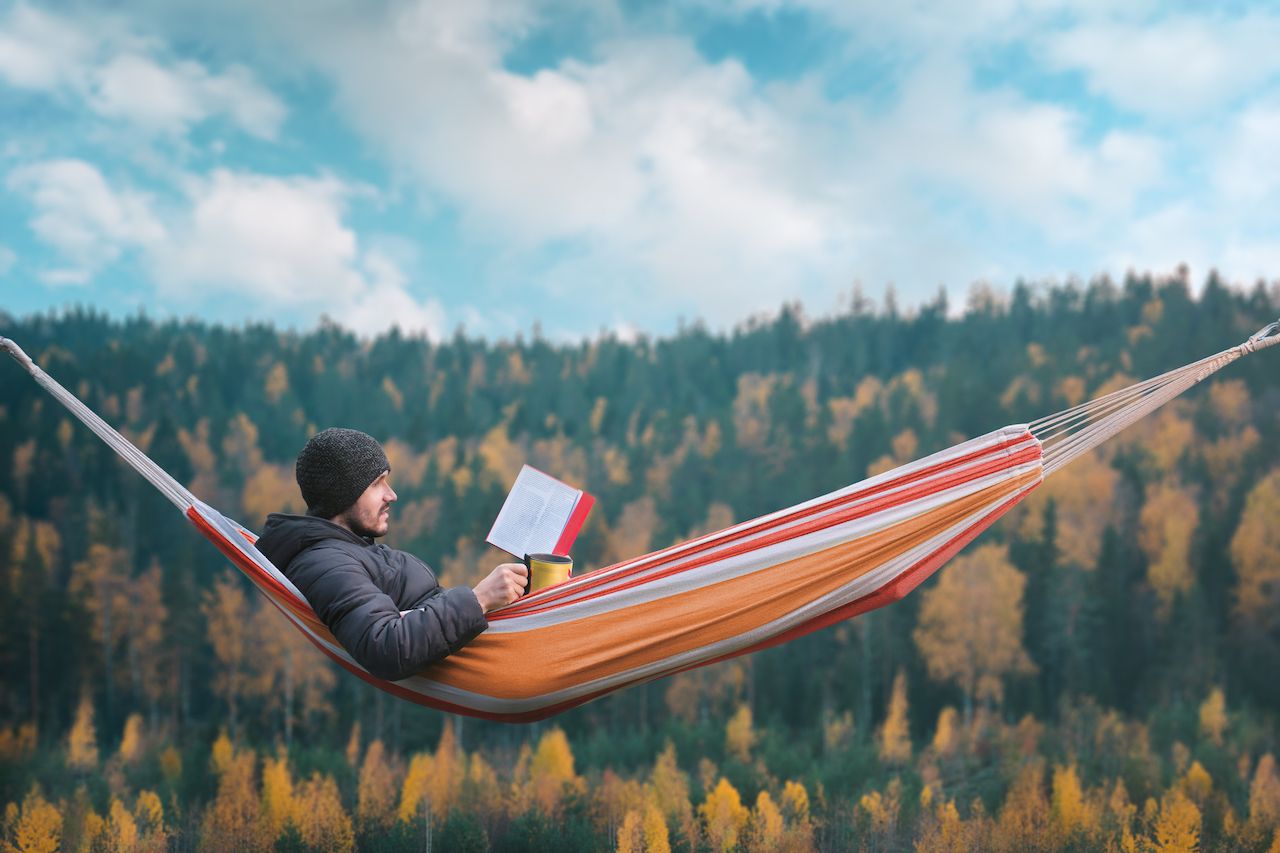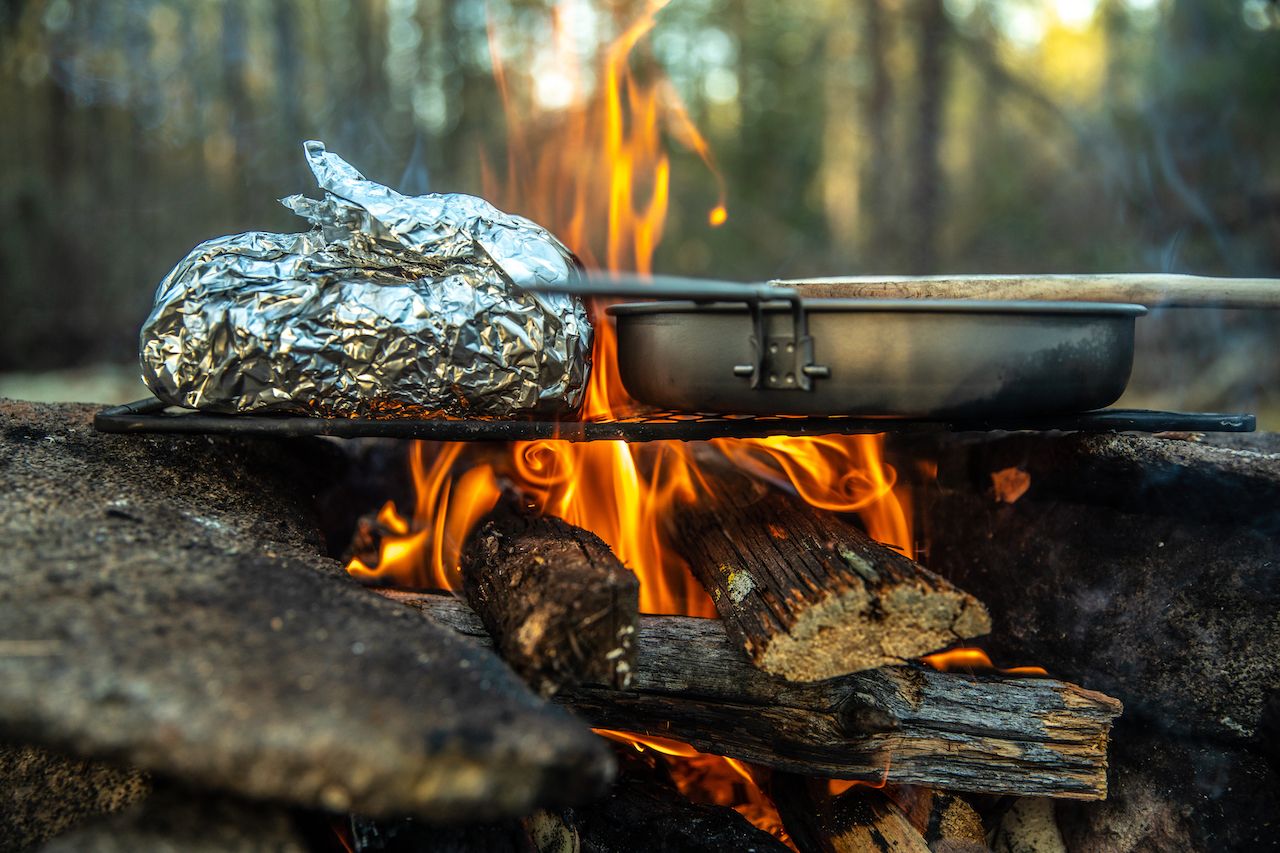Poking sizzling logs in the fire pit while sipping a beer and listening to crickets chirp in the background… camping is the antidote to a busy lifestyle. A necessary escape from the bustle of daily life. And yet camping can seem like another thing on your to-do list, something you struggle to make time for.
You know camping would clear your head after that three-day conference you were forced to sit through. Yet it feels like too big of a deal. You have to pack. And you have to figure out things like where you can find a summer sleeping bag since yours is filled with down feathers, and you would likely die of heatstroke if you tried to use it in August. (Although this rarely happens in high-altitude or desert camping trips, where even summer nights get cold.) And what the heck do you cook?
